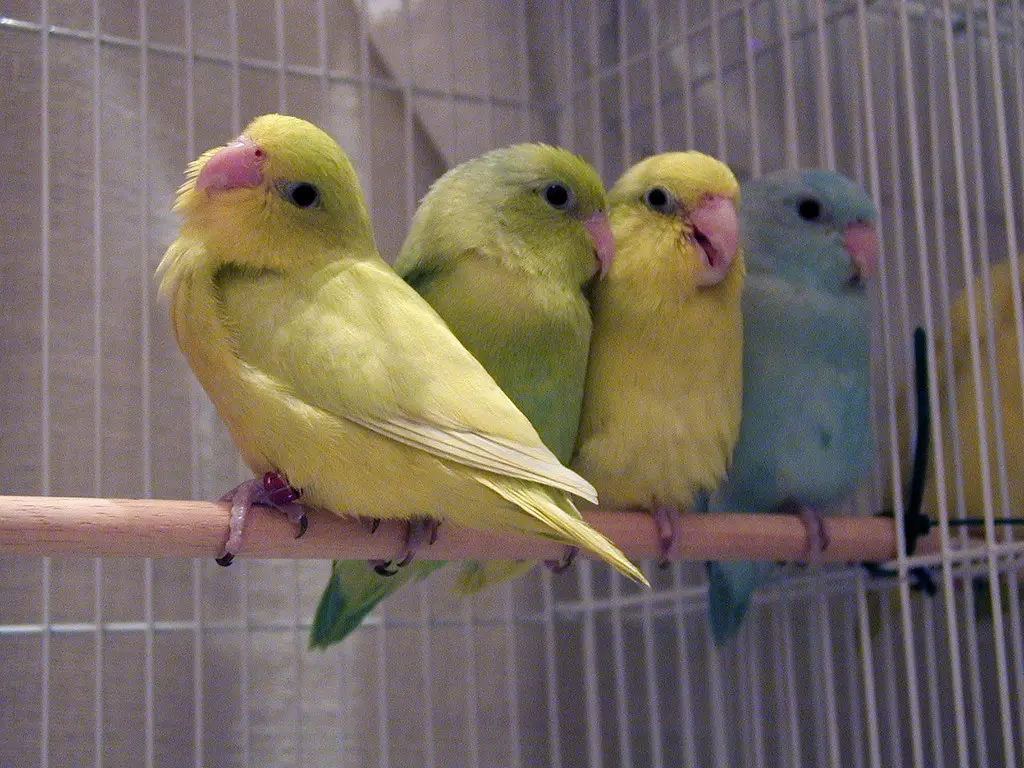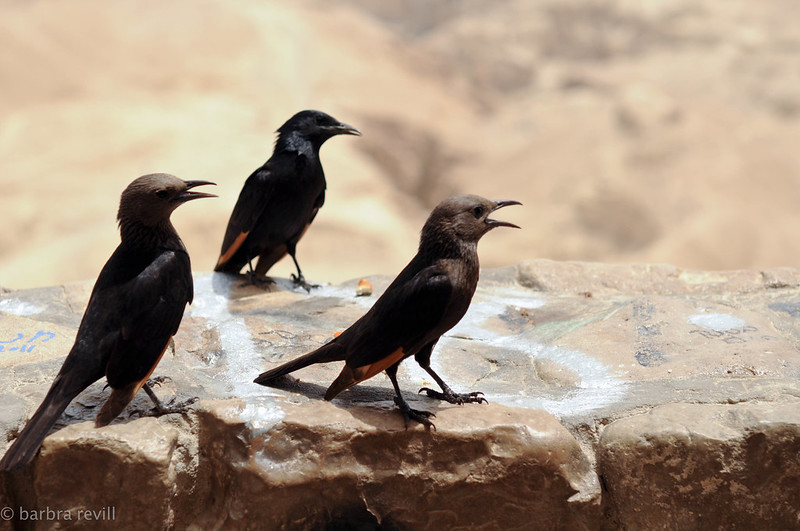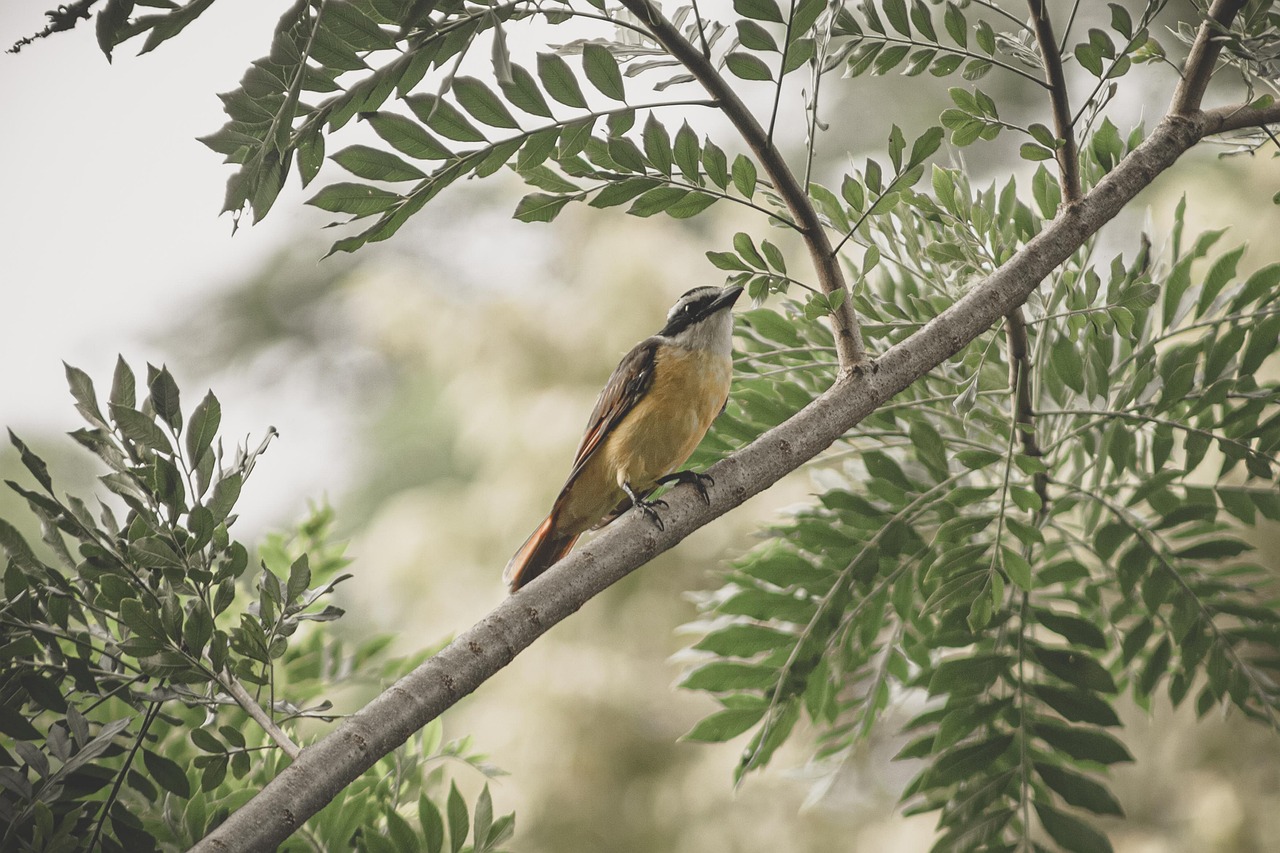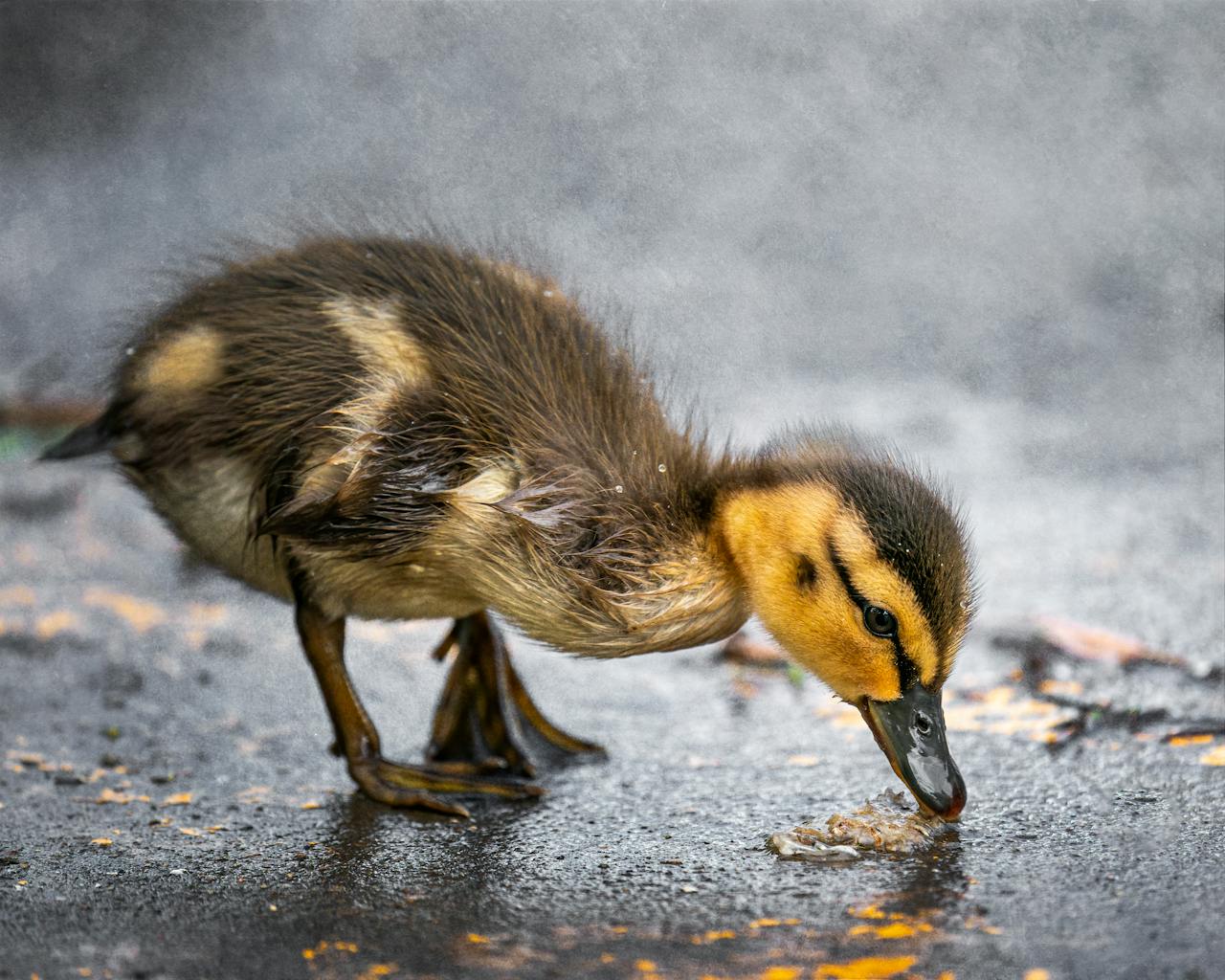The answer to the question “How loud are parrotlets?” is a simple one: VERY.
Parrotlets have the reputation for being among the loudest pet birds, and for good reason. They are surprisingly noisy, given their diminutive size, and they can make themselves heard from across the house.
The good news is that parrotlet owners tend to be a hardy bunch who love their pets’ feisty attitude and don’t mind their noise.
In fact, many parrotlet owners report that they enjoy the sound of their bird’s voice, although they do admit that it can be overwhelming at times.
Parrotlets are some of the most popular pet birds around, and for good reason. They’re beautiful, intelligent, and admirable when it comes to affection. They are however known for being loud, which can be a problem for people looking to keep their pets quiet.
According to most bird sites on the internet, parrotlets can reach 90 decibels (dB). This is roughly equivalent to a lawn mower running at full blast, or a jackhammer.
Many parrotlets that I have personally kept however are much quieter than that, rarely reaching over 80 dB. This is equivalent to traffic noise from about 50 feet away.
Parrotlets make great companions for those who want an intelligent bird that can be taught tricks, but don’t want to deal with the noise of larger parrots like macaws and cockatoos.
Are Parrotlets Louder Than Budgies?
It depends. Both are, generally speaking, on the quieter side of pet birds, but there are exceptions. Sometimes budgies can be louder than parrotlets and sometimes parrotlets can be louder than budgies.
“Quiet” means different things to different people. To some, a quiet bird is one who doesn’t make any noise at all, while to others, a quiet bird simply isn’t loud enough to disturb conversations in the next room. If you want an absolutely silent bird, your best choice might be an African Grey or a Sun Conure, neither of which will ever be confused with a budgie or a parrotlet.
Because parrotlets and budgies are both so small, a lot of people assume that they are both very quiet. However, the truth is that these two birds are actually both pretty loud! The level of noise can vary from bird to bird but generally speaking, most parrotlets will be louder than budgies.
One reason for this is that parrotlets tend to be more active than budgies. They will often spend their days climbing on their cage, flapping their wings and moving around. This means that they also tend to make more noise than budgies who tend to remain perched on the same branch all day long unless they get some exercise out of their cage.
The other reason why parrotlets are usually louder than budgies is because they have larger vocal cords and stronger voices. This can be very helpful in getting them to communicate with you better but it also means that they are going to make a lot more noise in general throughout the day!
Are Parrotlets Louder Than Cockatiels?
A parrotlet is not louder than a cockatiel. The reason for this is because parrotlets have larger lungs and smaller mouths. Thus, the air from the lungs passes through the mouth at a higher rate of speed, which causes the air to vibrate at a faster rate and create more noise.
Parrotlets are very small birds, but they have a large personality. Some of them have loud voices and can be very noisy. In this regard, many parrotlet owners believe that their bird is louder than other parrots. However, this is a misconception.
Parrotlets and cockatiels are both vocal birds, but the difference in their sounds may surprise you.
Cockatiels are considered louder than parrotlets, but it’s not so much the volume of a bird as it is the frequency. Cockatiels can be quite loud at times, but the main issue is that their voices are very high-pitched and can hurt sensitive human ears. Parrotlets can be loud too, but their voices aren’t as high-pitched and irritating.
Parrotlets and Cockatiels Are Vocal Birds
Cockatiels can be quite loud when they want to be. They’re great whistlers and love to sing along with their favorite music or TV shows. However, it’s not really so much the volume as it is the frequency of these birds’ voices that makes them seem so loud.
Do Parrotlets Scream?
Some parrotlets scream and some do not. Most parrotlets who do not talk will do something similar to screaming if they are startled by loud noise or if they feel threatened. Parrotlets who talk may also use their voice to get your attention when they want something, such as when they are hungry.
Parrotlets generally aren’t considered to be noisy at all. They are a quiet bird species, and they often get placed in the same category as their cousins, the parakeets or budgies, when it comes to noise.
But this doesn’t mean that parrotlets do not vocalize at all. Just because they don’t scream, it doesn’t mean that they can’t make other noises. In fact, parrotlets are known for being able to talk (and say words) just like other parrots can.
So, why do parrotlets typically make more limited sounds than other bird species?
The main reason is because of their size. Parrotlets are small birds, so they are limited in how much sound they can produce. It’s really a matter of biology — the larger the lungs and chest cavity, the louder a bird can be. That’s why larger birds such as macaws and cockatoos are the noisiest in the world of pet birds.
Parrotlet owners generally find that their pets can usually be heard talking and making noises from about 6 feet away.
Are Parrotlets Aggressive?
Parrotlets are not aggressive birds. However, they can become aggressive if they feel threatened or suffer from a hormonal imbalance. If your parrotlet is showing signs of aggression, it’s best to seek advice from an avian vet or an experienced parrotlet breeder.
There are a lot of things that you need to know about your parrotlet before you can decide if it is right for you. Some parrotlet owners will tell you that their birds are very friendly, while others will tell you that they are aggressive and not so friendly. This is a choice that only you can make, since the way your parrotlet acts and how it treats people are dependent on how you treat them. If they are treated poorly, then they will act out in a negative way.
If you want to know whether or not parrotlets are aggressive, then you should know what makes them aggressive. At first, most people think that aggression comes from the fact that their pet was raised by parents who were not very nice to them. However, there is another reason why a parrotlet may be aggressive and this has to do with how they were raised.
When parrotlets are raised by loving parents who take good care of them, they tend to have a better outlook on life. These birds will probably show more affection towards their owners and other birds as well. However, when parrotlets are raised by abusive parents, then they tend to become more aggressive towards everyone around them. This includes other birds and humans as well.
Are Parrotlets Good Pets?
Parrotlets can be a wonderful, rewarding pet, especially if you are willing to invest the time into their training. They are a small, active bird that can be very loud. Parrotlets require a good diet and plenty of toys to stay happy and healthy. They are not a good choice if you want a quiet bird or don’t have time to give them the attention they need.
Parrotlets are very small parrots that originate from the wilds of South America. Determining whether or not they are “good pets” is an entirely subjective question, but it is fair to say that if you have one parrotlet in your family, you may well soon find yourself with more than one!
Parrotlets are renowned as being extremely friendly and playful little birds. They like to be around their human friends, and enjoy nothing more than spending time with them. They can be quite demanding of attention, though, and some owners complain that they do not like being left alone. In fact, if you do not have the time required to care for a parrotlet then this might not be the right bird for you.
These are tiny birds, measuring just 5-6 inches long, but they do have extremely powerful beaks! They are also agile and quick to move around their cage. These birds need lots of toys in their cage to help them exercise their beaks and stay healthy.





Leave a Reply